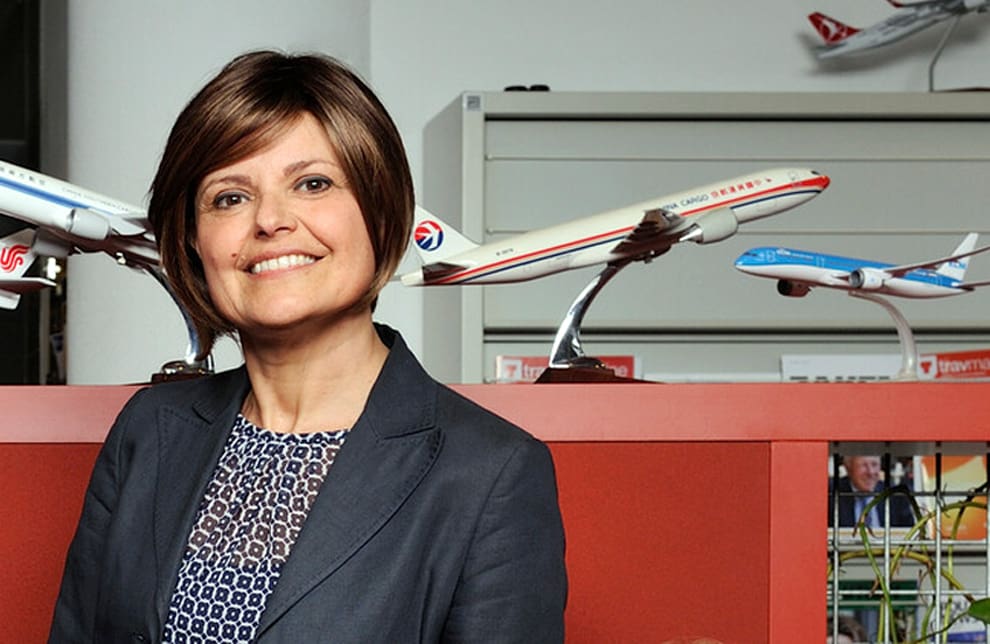Global Head of Pharma Logistics, Air France KLM Martinair Cargo: Enrica Calonghi

What changes do you see happening in relation to pharmaceutical models and trends globally?
We are seeing the advancement of various aspects of gene editing technologies and the use of Artificial Intelligence. Body sensors are a new innovation and are helping to drive personalised medicine, but they are still in clinical trials right now. This will allow patients to receive unique treatments based on their cells and the disease that they are fighting. As a result of these advances in medicine and treatment, pharma logistics will have to be more precise and without failure. At Air France KLM Martinair Cargo we are monitoring these developments to ensure that we can meet the pharmaceutical needs of tomorrow.
How is serialisation – the process of adding barcodes to products to track the origin of raw materials and medicines - impacting the supply chain?
The use of fake drugs causes nearly 100,000 deaths a year in Africa, according to the World Health Organization (WHO). Additionally, 42 per cent of drugs in circulation in sub-Saharan Africa are falsified, making it the region most affected by organised crime and controlled trafficking. Criminals take advantage of the fact that, unlike drug trafficking, the trade in fake medicines remains largely unpunished in the world, being considered an offense of intellectual property infringement. As an airline, we cannot ignore this. We are looking at serialisation and other ways that we can help to fight against fake drugs that kill people and deliver false hope. Some weeks ago, together with Odyssey, we launched an initiative to build an ecosystem with the use of blockchain to share data and prevent counterfeit drugs from entering the market.
How can the air cargo supply chain prepare for digital transformation and data sharing?
I believe that transparency is essential when transporting pharmaceutical goods, and as we move towards personalised medicine it will become even more important to monitor shipments in the cool chain. Technology will help airlines and all parties in the cool chain to provide visibility and, therefore, to create transparency. Real time data, integrated solutions, Blockchain, and the Internet of Things will help the industry to modernise. However, we cannot be alone in this. All stakeholders in the supply chain need to collaborate to make this possible.